Which one of the following compounds will not given iodoform by the reaction with iodine and NaOH?
Ethanol
Methanol
Acetaldehyde
Acetone
The correct Answer is:B
To determine which compound will not give iodoform when reacted with iodine and sodium hydroxide, we need to understand the conditions under which the iodoform reaction occurs. The iodoform reaction typically involves compounds that contain a methyl ketone functional group or certain alcohols that can be oxidized to form methyl ketones.
1. Identify the Compounds: We need to analyze the given compounds. The question provides four options, which we will denote as:
- Option A: Ethanol (CH3CH2OH)
- Option B: Methanol (CH3OH)
- Option C: Acetaldehyde (CH3CHO)
- Option D: Acetone (CH3COCH3)
2. Understand the Iodoform Reaction: The iodoform reaction occurs with:
- Methyl ketones (e.g., acetone)
- Ethanol (which can be oxidized to acetaldehyde, a methyl ketone)
- Some secondary alcohols that can be oxidized to methyl ketones.
3. Analyze Each Compound:
- Ethanol (Option A): Ethanol can be oxidized to acetaldehyde, which can then undergo the iodoform reaction. Therefore, it can give iodoform.
- Methanol (Option B): Methanol does not have a methyl ketone structure and cannot be oxidized to form a compound that would give iodoform. Thus, it will not give iodoform.
- Acetaldehyde (Option C): Acetaldehyde is a methyl aldehyde and can also undergo the iodoform reaction. Thus, it can give iodoform.
- Acetone (Option D): Acetone is a methyl ketone and will definitely give iodoform upon reaction with iodine and sodium hydroxide.
4. Conclusion: After analyzing all the options, the compound that will not give iodoform is Methanol (Option B).
Final Answer:
The compound that will not give iodoform by the reaction with iodine and NaOH is Methanol (Option B).
- Option A: Ethanol (CH3CH2OH)
- Option B: Methanol (CH3OH)
- Option C: Acetaldehyde (CH3CHO)
- Option D: Acetone (CH3COCH3)
- Methyl ketones (e.g., acetone)
- Ethanol (which can be oxidized to acetaldehyde, a methyl ketone)
- Some secondary alcohols that can be oxidized to methyl ketones.
- Ethanol (Option A): Ethanol can be oxidized to acetaldehyde, which can then undergo the iodoform reaction. Therefore, it can give iodoform.
- Methanol (Option B): Methanol does not have a methyl ketone structure and cannot be oxidized to form a compound that would give iodoform. Thus, it will not give iodoform.
- Acetaldehyde (Option C): Acetaldehyde is a methyl aldehyde and can also undergo the iodoform reaction. Thus, it can give iodoform.
- Acetone (Option D): Acetone is a methyl ketone and will definitely give iodoform upon reaction with iodine and sodium hydroxide.
The compound that will not give iodoform by the reaction with iodine and NaOH is Methanol (Option B).
Similar Questions
Knowledge Check
Which of the following compounds will not give iodoform test ?
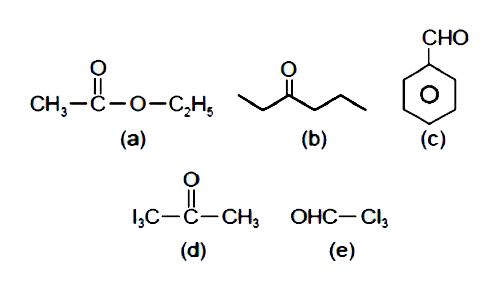 Aa,b & dBb & cCc,d & eDall of these
Aa,b & dBb & cCc,d & eDall of theseWhich of the following compounds will not yield iodoform on heating with iodine and dilute NaOH?
A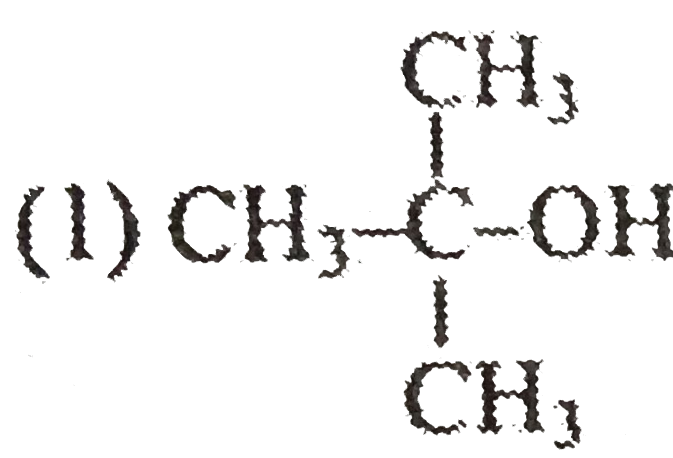 B
B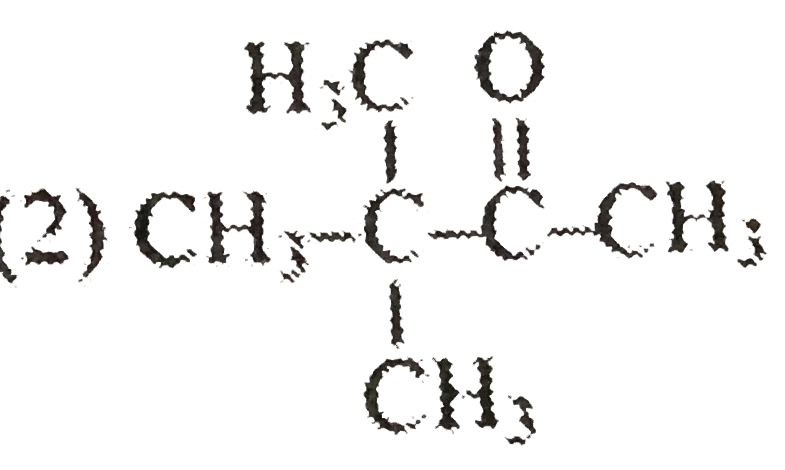 C
C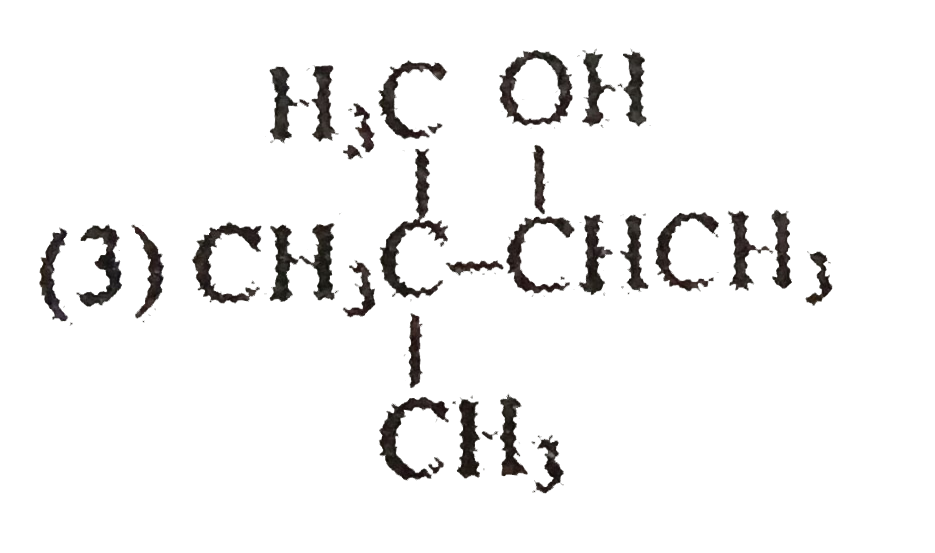 D
D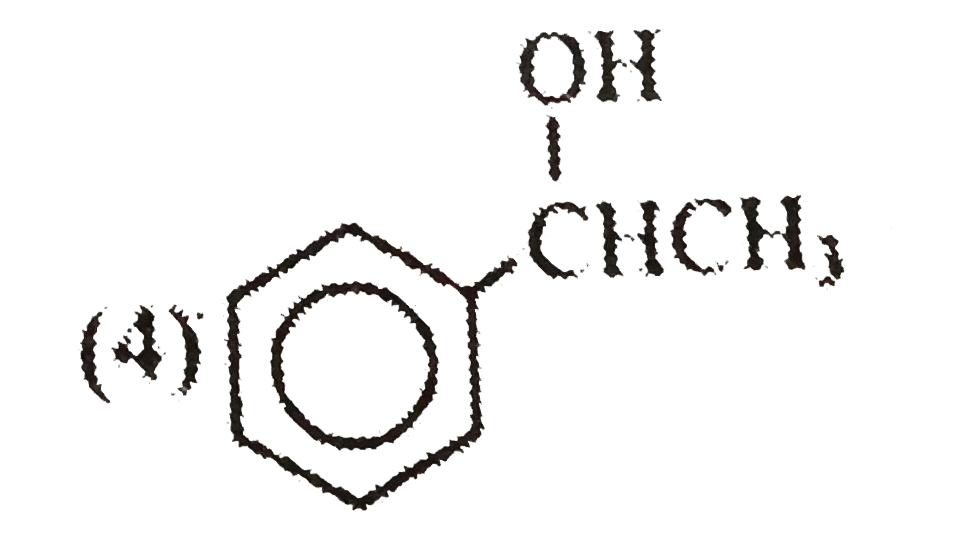
Which of the following compounds will give iodoform test ?
ACH3−O∣∣C−HBCH3−O∣∣C−CH3CCH3−O∣∣C−ClDCH3−O∣∣C−NH2
Which one of the following compounds gives a positive iodoform test?
View SolutionWhich of the following compound will give positive iodoform test ?
View SolutionWhich one of the following compounds will give HVZ reaction?
View SolutionWhich of the following compounds will give a positive iodoform test ?
View SolutionWhich of the following compounds will give a positive iodoform test ?
View Solution

